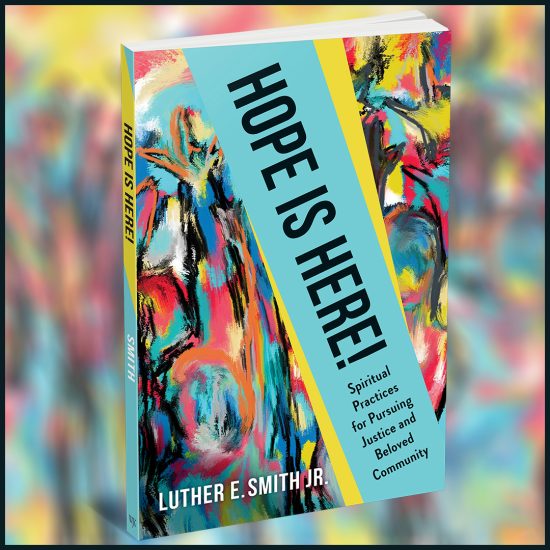
Esther, a young Jewish girl who was a captive in Persia, plays an important role in Christian history. That truth is ironic, for the name of God never appears in the biblical book of Esther.
A more recent irony, however, is this: my mother’s name was Esther. She died in 1977 at the age of 70. In all those 70 years, we never discussed how she came to have that name.
At the time of her birth in New Orleans, her family was not particularly religious — even though the family name was Godson. As I write, I cannot believe I never asked her about it; and she never spoke of a namesake. It is one of many things I wish I had asked her.

(Sammie Vasquez/Unsplash)
While I have no knowledge of the reason for my mother’s name, I can vouch for her likeness to the biblical Esther. Esther, the captive in Persia, was a courageous girl. She obviously was a beauty because she won the contest between all the girls of the land to become the new queen. My memories of my mom are of a sweet lady with gray, curly hair. (She turned gray early.) But pictures of her at her wedding to my father show her as a beautiful young redhead.
To save her captive people from massacre, the biblical Esther entered the king’s “lair” unannounced. To do so meant the king could welcome you if he pleased, or he could have you executed. The decision was entirely at the whim of the king.
Esther had no cause to be encouraged about such a reception. She had not been summoned by the king for some time. Heartened by her Uncle Mordecai, who said, “Perhaps you are here for this purpose,” she approached the king and was well received. She made an appeal for her people’s well-being and saved them from destruction.
Esther, my mother, worked at a department store to help provide for the family. Her paycheck was very much needed. One day the store owner treated a Black co-worker shamefully. My mother took him to task about it. It made him angry, and he unkindly reminded my mother she worked for him. That night she cried as she told my Dad about it.
“You did right,” Dad told her. “I’m proud of you.”
The following day, the boss who happened to be Jewish, apologized to both ladies.
I, too, am proud of Esther’s courage. Along with other acts of courage, it made me who I am today.
Wade Paris writes a weekly syndicated column, “The Shepherd Calls.”






